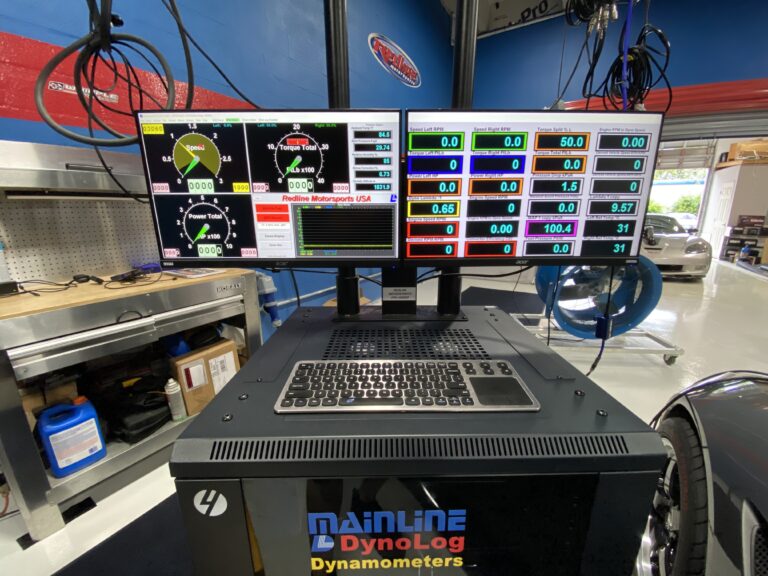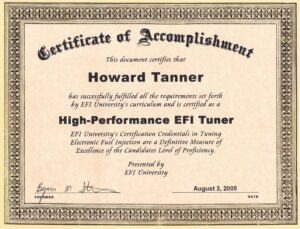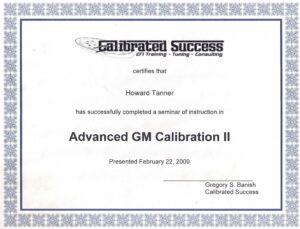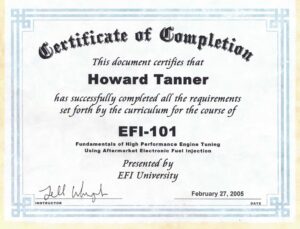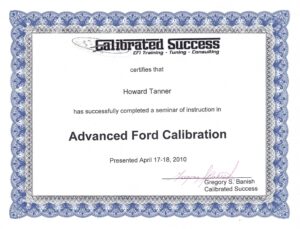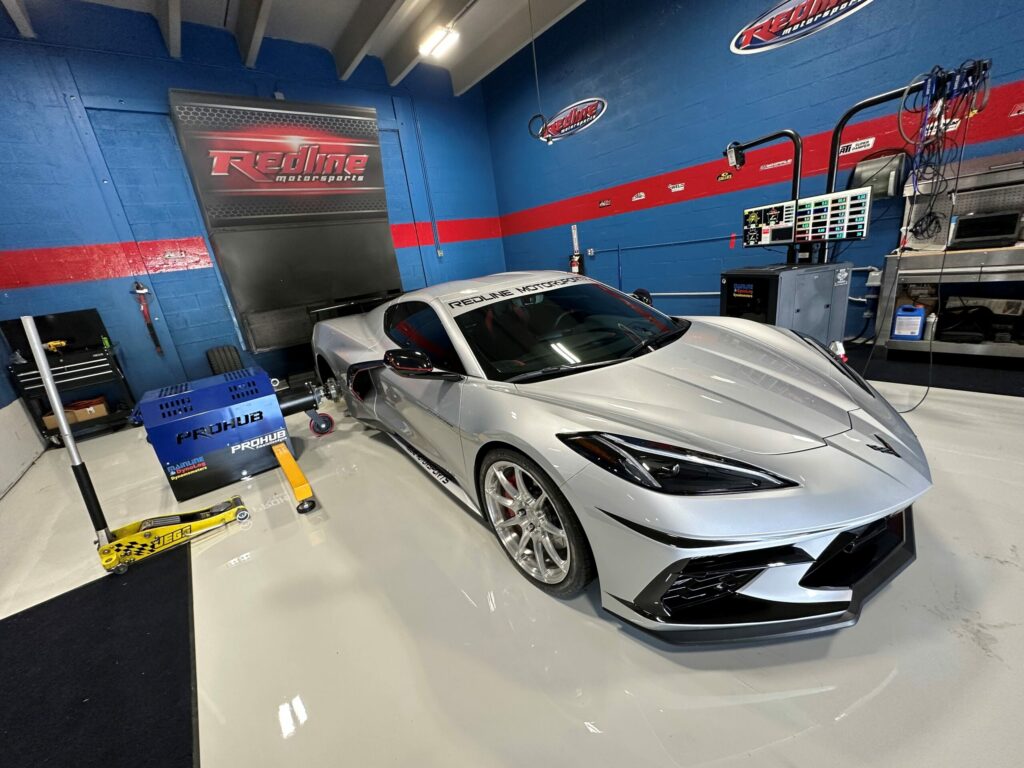
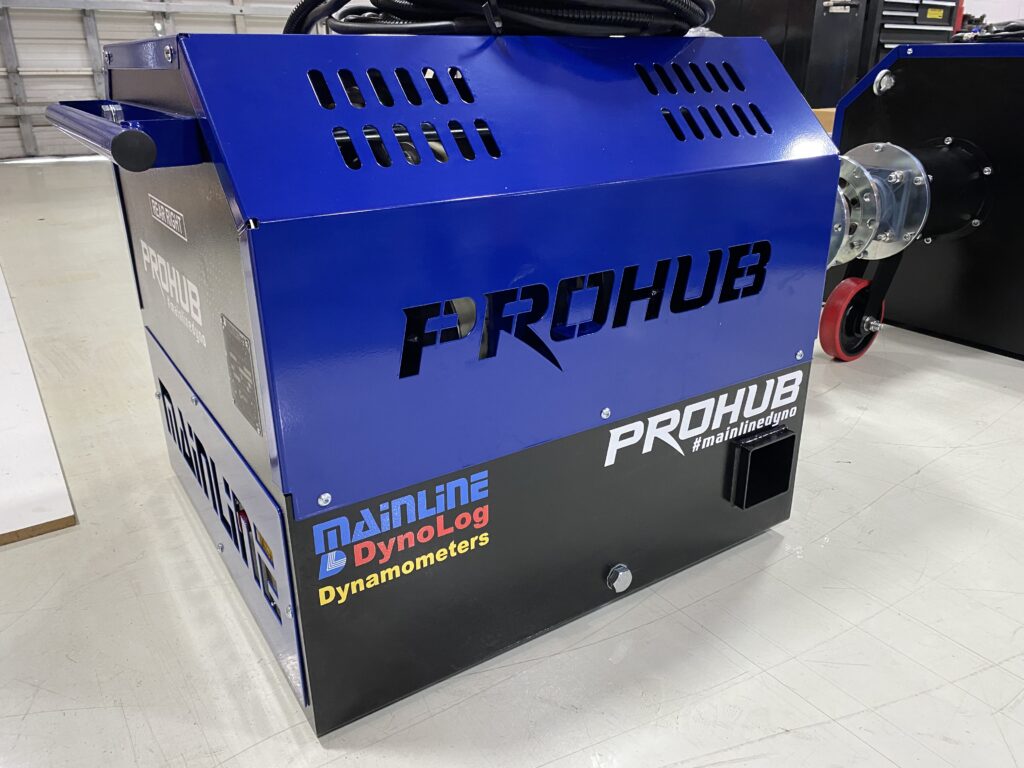

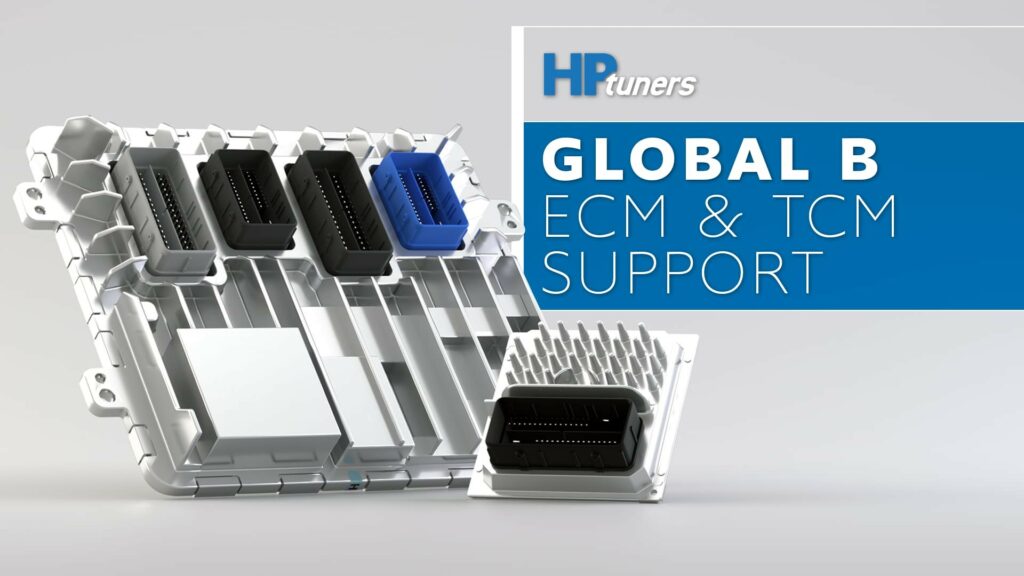

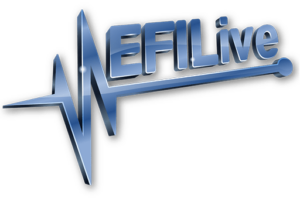
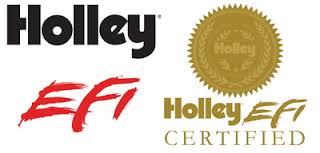
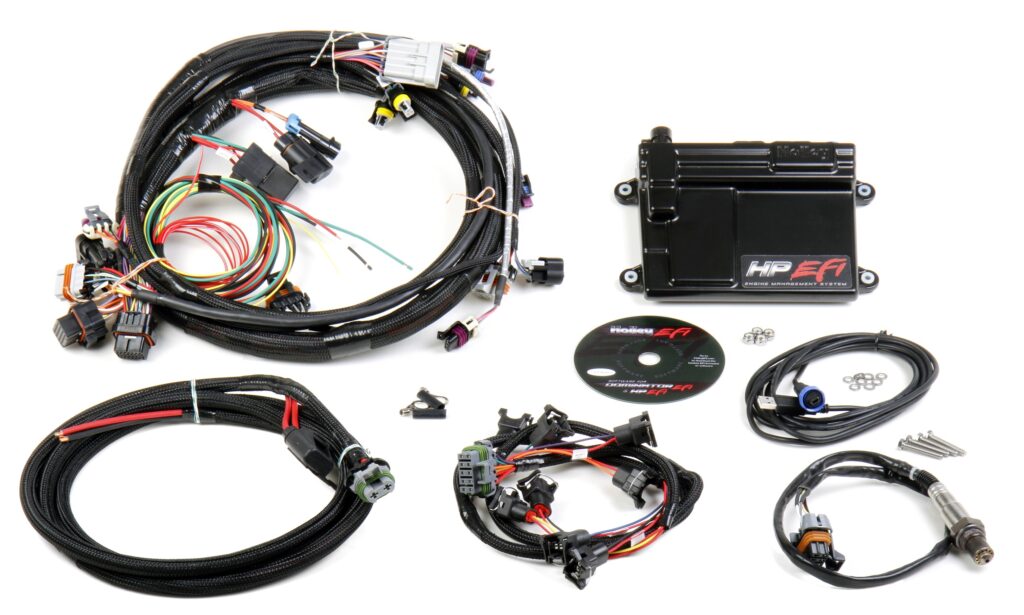
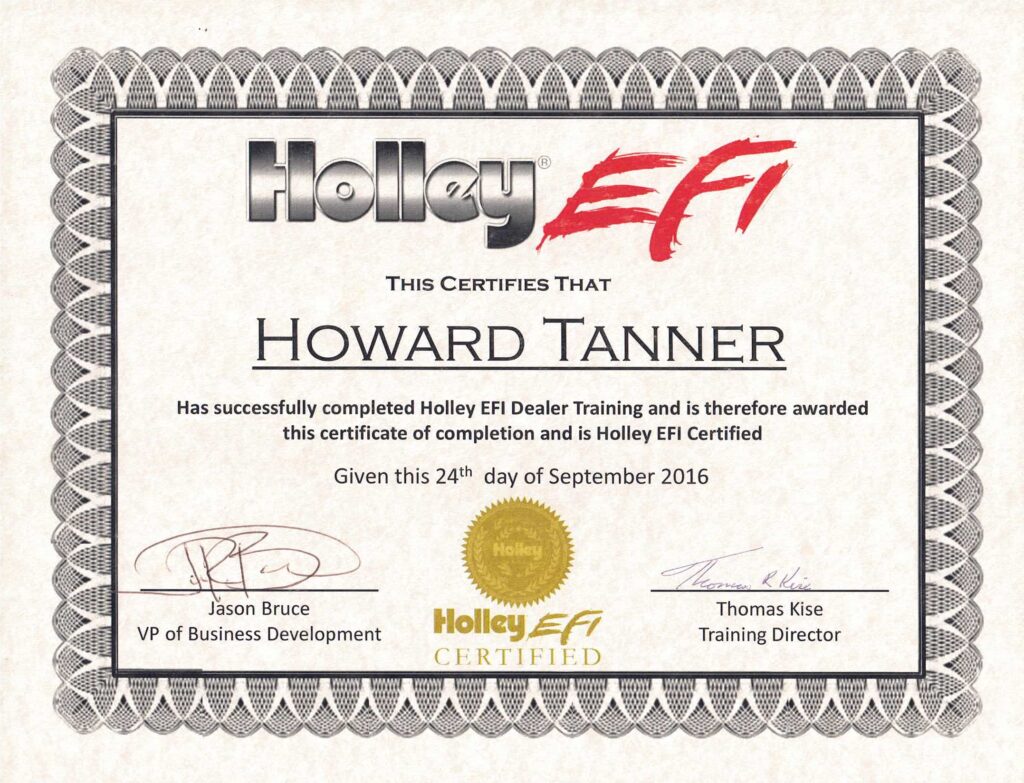
Engine Management Calibration
This is an area of uncompromised focus. Modified engines require proper calibration to ensure the vehicle has peak performance with maximum reliability. Unfortunately anyone with a laptop feels like they are capability of performing these functions but be assured these are complex systems and getting more complex. Our focus on GM only products has enabled us to be very strong in this department. With today’s new “Torque Based” control systems, and the recently released E99 controllers utilizing "Neural Network" algorithms, the calibration game as changed completely. The engines ties to the transmissions are more than just mechanical. Don’t get the engine right and the transmission won’t be happy!
Much of the calibration is performed in our state of the art controlled dynamometer cell. We utilize a Mainline PRO Hub dyno which features a full Eddy Current load control as well as 3000 horsepower capability. More importantly is this dynos ability to provide data. Without data we are unable to accurately make the required changes. With this dyno we are able to monitor the following functions;
- HORSEPOWER AND TORQUE
- LAMBDA RATIO (OR AIRFUEL RATIO)
- ENGINE MANIFOLD PRESSURE (BOOST)
- ENGINE EXHAUST PRESSURE (USED TO MONITOR EXHAUST SYSTEM EFFICIENCY)
- FUEL PRESSURES (BOTH 0-120 PSIG AND 0-20 Mkpa for direct injection systems)
- EXHAUST GAS TEMPERATURES
- FUEL FLOW METER
- TORQUE CONVERTER EFFICIENCY
- MASS AIR FLOW
Once we have logged these items combined with the advanced data logging from both EFI Live and HP Tuners LS and LT based software we are well in control of the engine management system.

Our head calibrator, Howard Tanner (HTR Performance Engineering), carries 32 years of OEM and aftermarket engine and powertrain calibration experience as well as a never-ending drive to stay on top of tomorrows technologies!
One of those technologies is the latest form of fuel control known as Gasoline Direct Injection or GDI. Not really new to the automotive industry but new to the high performance cars coming off the General Motors assembly line. Starting with the C7 Corvette and now in the GEN6 Camaro and the new CTSV we have wasted no time in getting control of the system. For those interested in getting a jump on understanding this system can get a good idea from this recently published article written by Howard Tanner. READ GDI ARTICLE HERE! The follow up to this article can be found here! MODIFYING DI
If you considering utilizing our calibration support there are several items you will need to be aware of before you make an appointment;
- The engine is sealed unit. Any leaks will significantly effect the ability to calibrate. If the ECM cannot accurately measure the correct mass of air it will be unable to provide the correct mass of fuel.
- INJECTOR SELECTION . This is one of the most critical items of the calibration process. Once the air model has been properly solved; if the ECM doesn’t know the specifics of the injectors characteristics we again will not be in control of fuel output. The injectors we use in all our builds are provided to us with all the required data. If you bring a vehicle in we are going to be persistent on knowing the exact injectors used. Here is a great article written by one of our close friends and a voice on OEM engine management. READ INJECTOR ARTICLE HERE!
- IGNITION SYSTEM. The secondary ignition system which includes spark plug, spark plug wire and coil are also critical in the overall engines function. Having the correct heat range plug can also effect the final results as well as the life of the engine.
- Leaking cars will not be worked on under any circumstance!
- Always bring vehicle in with the correct fuel being used and enough of it to get through the calibration process!!
